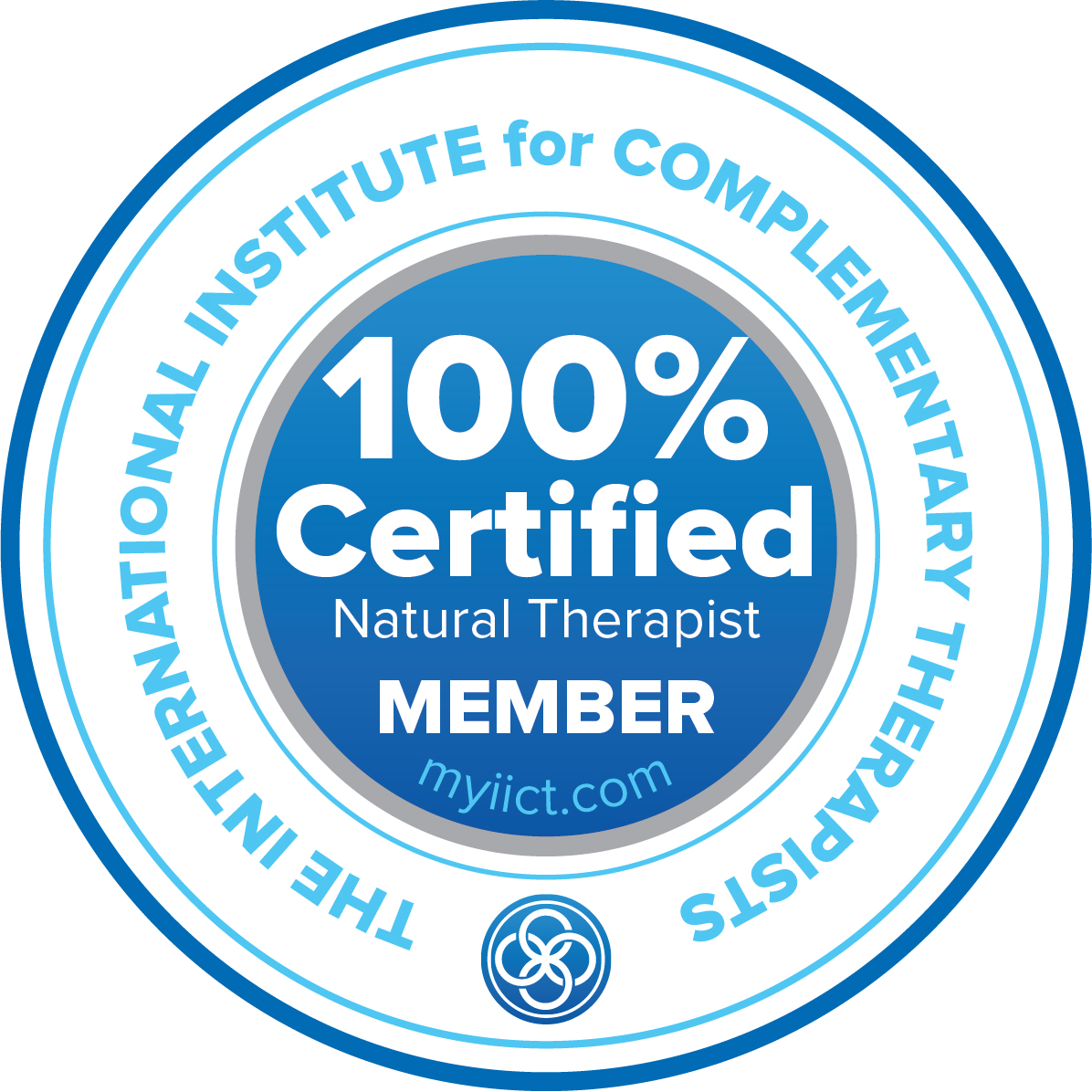For my latest articles and special offers, subscribe to Jess Ang's Intuitive Updates here.
Power of Words

August 2021
I’ve been wanting to share my experiences so far since committing to a year of no complaining. With all the troubling events currently occurring around the world though, it made me wonder whether it would be appropriate to write an article on something as seemingly trivial as the topic of complaining (and perhaps insensitive because, as someone recently pointed out to me, right now “there’s a lot to complain about”).
The night before I committed to writing this article, I mentioned it to someone who saw no reason why people should be offended by the encouragement to not complain, and we discussed the theory that words have a certain creative power behind them, which if true, suggests that it’s good to be careful about what we say!
Within half an hour of this conversation, I was shown a video online of a woman verbally abusing an Uber driver, ending with: “Words are power, motherf****r!” While I wouldn’t suggest that there was any wisdom in the earlier part of her rant, the synchronicity was still amusing. I decided to write the article.
Less than Perfect
Admittedly, after sharing in December that I would be embarking on a no-complaining challenge for 2021, I did not get off to a good start. My first complaint was made within 10 minutes of waking up on New Year’s Day. I resolved to try a little harder.
I was kept in line to some extent during January whilst competing with a small number of people; we made it a game, with each of us dropping $1 into a jar each time a complaint was made. The person with the smallest number of coins (demonstrating the least complaints) by the end of the month would win all coins from the other participants.
Obviously I didn’t achieve my goal of zero complaints, but with $4 in my jar by the end of the month, I won the competition, claimed $29 in winnings, and was told that I’d be on my own for the rest of the year – no one wanted to play the game again! In the absence of such competition, I became a little more complacent and slipped up more often.
In short, I was not doing a stellar job at sticking to this challenge.
Physical Complaints
One of my no-complaining competitors wondered if the effort to not complain could lead to physical problems, as at least one other competitor had experienced increased muscle tension during the challenge. This did seem like a valid point. Suppressing what we want to say or how we feel is never good for physical health. Indeed, not long after starting the challenge, I was experiencing a fair amount of physical pain in various parts of my body.
Then again, does not complaining always amount to some form of suppression or stress? My definition of complaining that was shared last year, for the purpose of the challenge, was this:
‘What I mean by “complain” is to express dissatisfaction or suffering with the main purpose being to vent, with no real intention to resolve anything … Processing, problem-solving, and healthy communication are all allowed! … It counts as complaining if we can reasonably predict there will be no positive consequence or practical solution whatsoever as a result of what’s being said.’
In other words, no positive change can be expected from complaining, at least as it’s described above. Leading on from that, not complaining shouldn’t lead to any negative consequences, including in the area of physical health.
The words we use definitely impact our bodies. Dr Denis Waitley discusses the importance of language and its potential effect on physiological functions in The Psychology of Winning: “Since thoughts can raise and lower body temperature, secrete hormones, relax muscles and nerve endings, dilate and constrict arteries, and raise and lower pulse rate – it is obvious that we need to control the language we use on ourselves.” (Page 41)
In this context, to control our language is actually a good thing – it’s beneficial for our bodies – as opposed to using words less consciously.
Louise Hay, who famously wrote the book You Can Heal Your Life, firmly believed that there were metaphysical causes for most physical health concerns (“dis-ease”, as she would spell it) and strongly advocated the practice of choosing positive words and affirmations whilst avoiding negative words in our efforts to heal. She would also encourage people to listen to their bodies for messages or truths that they may have already known intuitively, but that were denied or suppressed on a mental level. I remember having lunch with a group of women who were discussing Louise Hay’s work, and one firmly believed it to be “full of shit”. Clearly not everyone is a fan. But the emphasis that Louise Hay placed on the power of words and the ability to learn from our illnesses was something that always resonated with me.
Of the many “probable” mental and emotional causes she listed for a variety of physical ailments, not one was linked to the absence of complaining. And out of all the affirmations suggested for healing, none had anything to do with allowing more freedom to complain. Can you imagine? “I now heartily complain freely and joyously”. Maybe that affirmation would ease muscle tension for some people, but I’m not too convinced.
In my case, yes there were problems I wanted to vent about, but I believe that not resolving those problems quickly and effectively was the real issue, not that I was avoiding complaining about them.
After several visits to health professionals, months of physiotherapy, acupuncture and massage, with no significant change in pain levels, I decided as a last resort to consider my dilemma from a metaphysical perspective. From that standpoint, it was clear that I needed to let go of my worries and take a break from work. I decided to take a sabbatical, which would involve no new projects or intuitive consultations for a set period. The morning after I made that decision, I woke up in awe of the fact that the pain in my body had mostly vanished (the way I described it in my article about the sabbatical was that “I felt a weight lift off my shoulders”, and that was meant quite literally).
Shortly afterwards, I received messages that seemed to further validate my recent choice. A friend who I hadn’t seen for years emailed me, describing what she’d been up to. At one point, she included the words: “I love the notion that your brain will lie to you but your body never will.” Three days later, she shared something that her neighbour had sent after being mugged: “The body knows, it picks up these subtle vibrations and lets us know there is danger around. I can see I needed to go through this experience to understand this and to let others know to listen to their bodies … My head didn’t understand what I was feeling and thought why is this coming up. I kept walking right into their net. Never again.”
Around the same time, I came across a talk by the sociologist Martha Beck, who claims that the human body is incredibly wise, but that wisdom can be overridden by things like trauma and culture. Not long before that, I heard the author Elizabeth Gilbert say in an interview, “Your body knows first, but only always”.
Is there anything about your body that you feel tempted to complain about, whether it’s due to appearance or discomfort or pain? I don’t believe that all physical concerns necessarily carry an important message, nor that every single illness can be explained through metaphysics. But if you humour the possibility, then what might your body be trying to tell you at this moment? Are you listening?
Speaking from Intuition
Going back to that comment shared earlier that “there’s a lot to complain about”, I agreed with that statement when it was said. And yet, I went on to explain that when I observe people who complain the most, they are also the ones who seem the most stuck. Maybe by letting off some steam through a complaint, they’re not letting the pressure build to the point where they feel compelled to take real action and address an issue.
It’s a bit of a chicken-or-egg scenario. Do people complain because they’re stuck in life and have problems? Or do people stay stuck and continue to experience problems because they complain? It can happen both ways, but I’ve noticed that people who tend to complain will continue to do so even when an external problem resolves and things start going well (the complaints might be about what happened in the past, for example, or to criticise what other people are doing). In contrast, people who tend not to complain generally seem to handle external problems when they arise, without talking much about them at all. Complaining can become a habit that is by no means necessary.
By the time I went on my sabbatical, the problems I previously felt tempted to complain about were mostly resolved. But then an interesting thing happened. Different issues popped up, and I found complaints slipping out of my mouth almost automatically. I realised that it’s not just what happens on the outside that leads me to complain. It’s about not being truly conscious when I speak.
Since January, I’ve noticed that my complaints often start with something like this: “I know my aim is to not complain this year, but I just need to say this…” There always seems to be a great excuse to justify each complaint, and justifications tend to come from the mind rather than from a space of inspiration or intuition.
Over time, it’s become easier to let my actions be guided by intuition, even ones that take me very much outside my comfort zone. Choosing my words intuitively in everyday life, however, is something I clearly still need to work on. I suspect that if we ask our intuition what to say in any given moment, it will rarely lead us to complain.
Power to Create
My sister recently told me about a podcast she’d been listening to, in which the speaker had shared that the word “abracadabra”, so often used in magic shows, comes from the Hebrew word Abra-Kadabra, which means “I will create as I speak”. It’s not just verbal communication that counts, writing can be just as powerful. What happens when we combine letters to make words? We call it spelling. Like casting a spell through the act of writing.
This adds a new perspective to the whole no-complaining challenge. Rather than needing to tighten up in terms of self-discipline, what if we simply shifted our focus to explore the potential creative power of our words?
If words can create, then saying “that bloody driver just cut me off” is like placing an order from the universe to experience more inconsiderate drivers in your life. Even if you don’t believe that theory, you can pretend it’s real for a little while just for fun. If every word you say creates on some level, then does it make sense to complain? Whether you believe in the creative power of your voice or not, we can at least acknowledge the impact our words have on others and on how we feel.
Greg McKeown, the author of Essentialism, has stated:
“When you focus on what you lack you lose what you have. When you focus on what you have you get what you lack.”
This quote reminds me of something that was taught at a seminar I attended in Fiji: “What you focus on and are grateful for tends to expand in your life.”
What has become clear to me after my sabbatical is that there’s always something to complain about, but you can’t really complain and express gratitude or appreciation at the same time … and if every word you say creates on some level, it would make more sense to choose the latter.
No-Complaining Challenge, Round 2!
While I’m a little hesitant to declare ‘Round 2’ of this challenge publicly (as I imagine some people might feel when declaring their commitment to lose a significant amount of weight before they’ve actually lost it) this is also an invitation for others to try this challenge again using a different approach.
We’re not going to do this from a place of self-discipline, control, martyrdom or stoicism – we’re choosing to speak consciously and intuitively, perhaps while humouring the idea that our words are more creative and powerful than we might normally give them credit for.
Even if you decide not to join the no-complaining challenge (or to re-join if you’ve fallen off the wagon), notice how often you do complain or criticise, and how often those complaints or criticism are guided by your intuition. If you feel intuitively led to say something else when the temptation to complain arises, try letting your intuition have its say. Speak from your intuition, and speak consciously.
Our words matter.
Click here to receive new articles by email
<-- Previous article Next article -->






